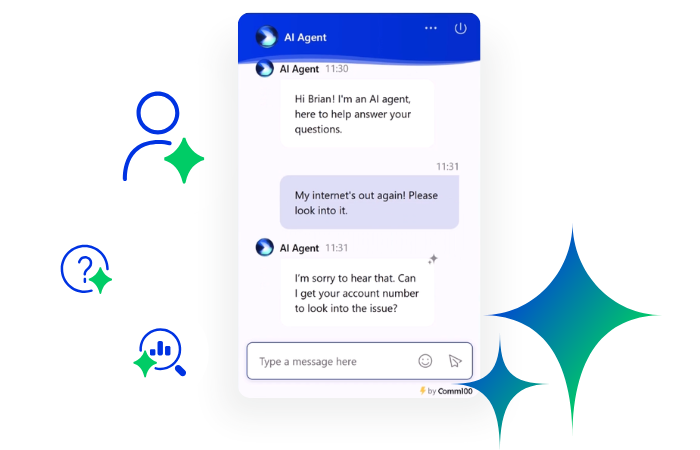Higher education institutions are grappling with a significant mental health crisis among their student population. During the 2020–2021 school year, over 60% of college students met the criteria for at least one mental health problem. Similarly, another national survey found that almost three quarters of students reported moderate or severe psychological distress.
College counseling teams play a vital role in providing support to these students, but the increasing demand for their services has led to an overload in caseload. This creates significant backlogs and wait times, which ultimately affects the quality of care.
In this blog we will explore strategies that college counseling teams can adopt to effectively handle caseload overload and promote the well-being of its students.
Understanding Caseload Overload in College Counseling
Caseload overload occurs when the demand for counseling services exceeds the capacity of counseling teams to provide timely, individualized care to each student. Factors such as the rising prevalence of mental health issues, increased awareness and destigmatization of seeking help, and limited resources and/or budget all contribute to the caseload overload challenge in college counseling centers.
The Impact of Caseload Overload
- Diminished Quality of Care: When counseling teams are overwhelmed with a high caseload, the quality of care may be compromised. Counselors may have limited time to devote to each student, resulting in shorter sessions or reduced individual attention. This can impact the effectiveness of therapy and hinder students’ overall well-being.
- Delayed Access to Support: Caseload overload often leads to longer wait times for counseling appointments, causing students to experience delays in receiving the support they need. This delay can exacerbate mental health conditions, as well as impact academic performance and student satisfaction.
- Strained Counselor-Student Relationships: Building a trusting relationship between counselors and students is crucial for effective therapy. However, when counselors are burdened with excessive caseloads, they may struggle to establish and maintain strong connections with students. The limited time available for each student can hinder the development of rapport and trust.
Strategies to Handle Caseload Overload in College Counseling
– Implement a stepped-care model
Adopting a stepped-care model allows counseling teams to allocate resources efficiently based on the severity and complexity of students’ mental health needs. While in-person support is crucial for many, not every student requires long-term individual therapy. By offering a range of support options, such as group therapy, workshops, online resources, and self-help tools, counseling teams can meet the diverse needs of students and reduce the burden on individual counselors.
– Focus on collaboration and referral networks
Building strong partnerships with community mental health providers and other support services can alleviate caseload overload. Establishing clear referral pathways helps counseling teams to connect students with external resources when appropriate, reducing the strain on internal counseling services.
– Utilize new methods of communication
To effectively adopt a stepped-care model, different approaches and methods need to be used – and this is where technology comes into play. While in-person support should always be offered, particularly for more serious issues, remote support can also provide an effective and a more efficient channel for the majority of students.
Live chat is a perfect example of this remote, digital support in action. Instead of having to book a time-consuming meeting or call, students can chat to staff in real-time and receive helpful, personalized support. For many, their question or issue can be resolved within minutes on live chat. For others who need more support, a meeting can then be booked in. For one college in North America, meeting bookings dropped by 49% year-on-year after they launched Comm100 Live Chat.
By adding automation into the mix, counselor workload can be reduced even further. For students with common queries, or simple FAQs, an AI chatbot can resolve their requests without any human involvement. This dramatically reduces already overburdened counseling teams, giving them time to focus on the more complex or serious issues.
Recommended for you: How to Build a Higher Ed Student Counseling & Advising Chatbot that Doesn’t Suck
Colleges should prioritize early intervention and prevention efforts to reduce the overall demand on counseling services. By creating proactive mental health programs and initiatives, colleges can equip students with coping skills, resilience-building techniques, and self-help resources. This empowers students to address their mental health concerns before they escalate, potentially reducing the need for extensive counseling support.
Conclusion
High caseload in college counseling teams is widespread and growing. While budgets are being cut across sectors, higher education needs to remodel its approach and bring in new technologies that will help them improve efficiency without harming support quality.
Comm100 helps counseling teams to achieve just this with the perfect blend of human-bot support. Find out more about Comm100’s Counseling & Advising messaging platform and take control of your caseload overload today.






